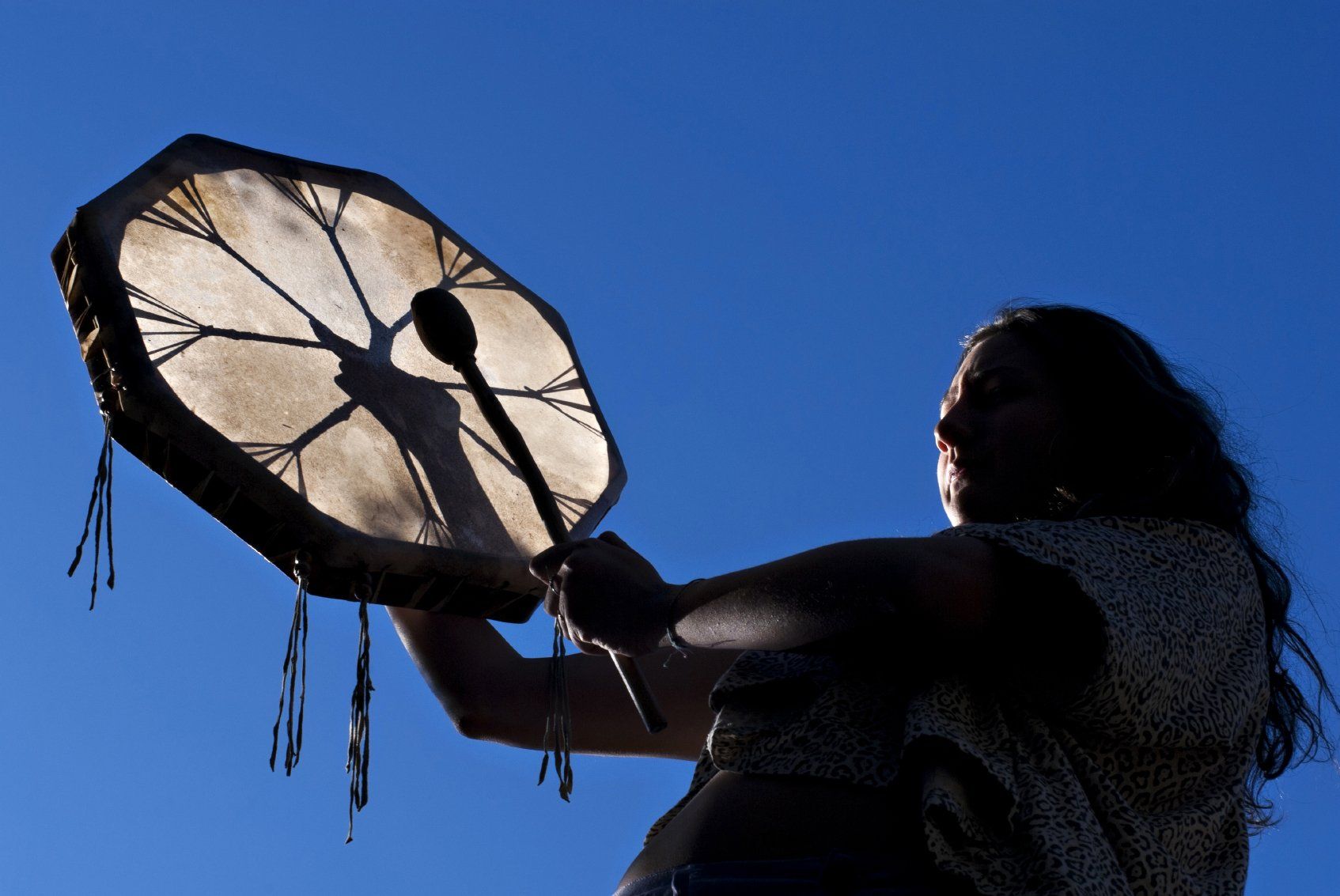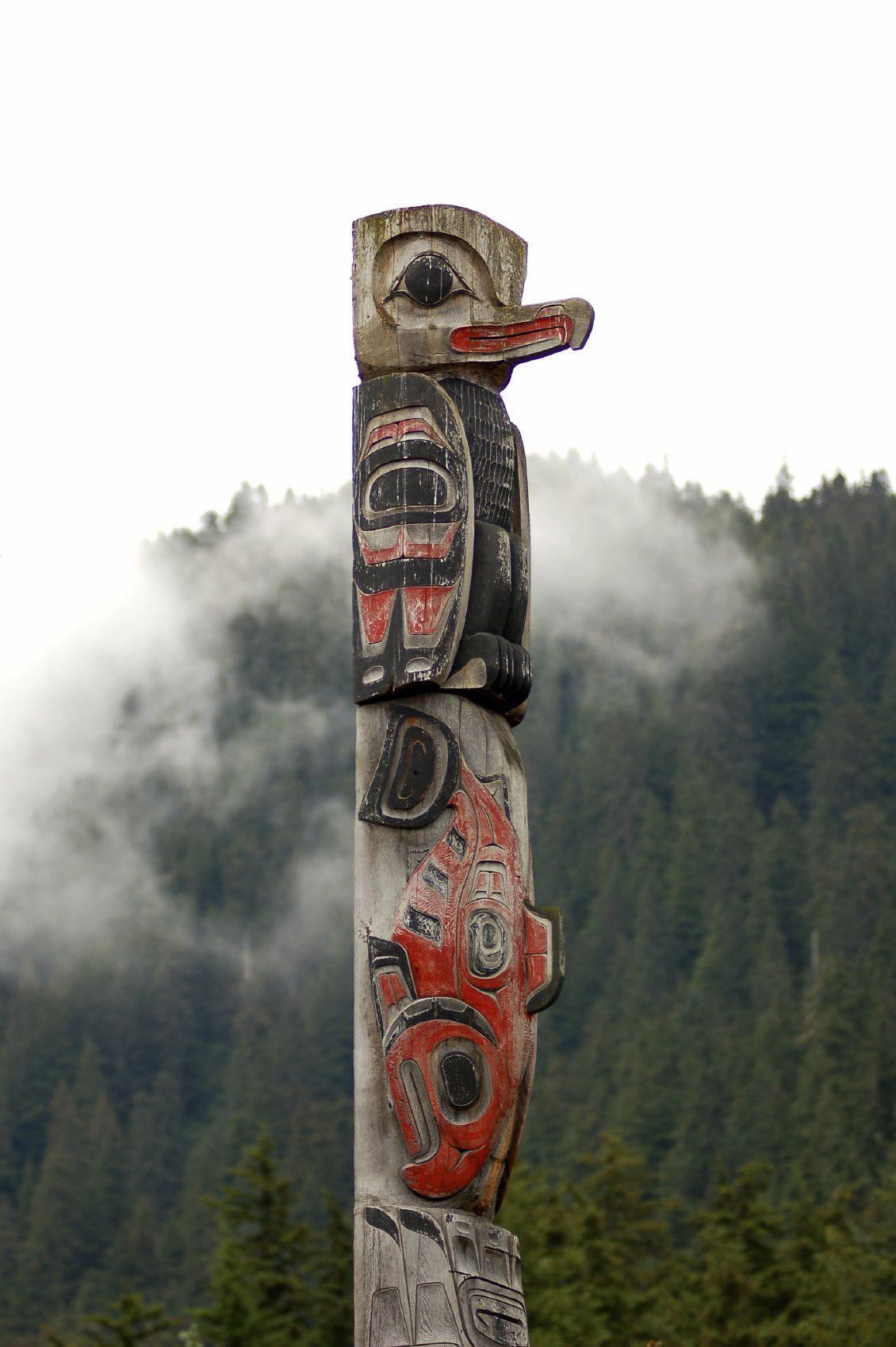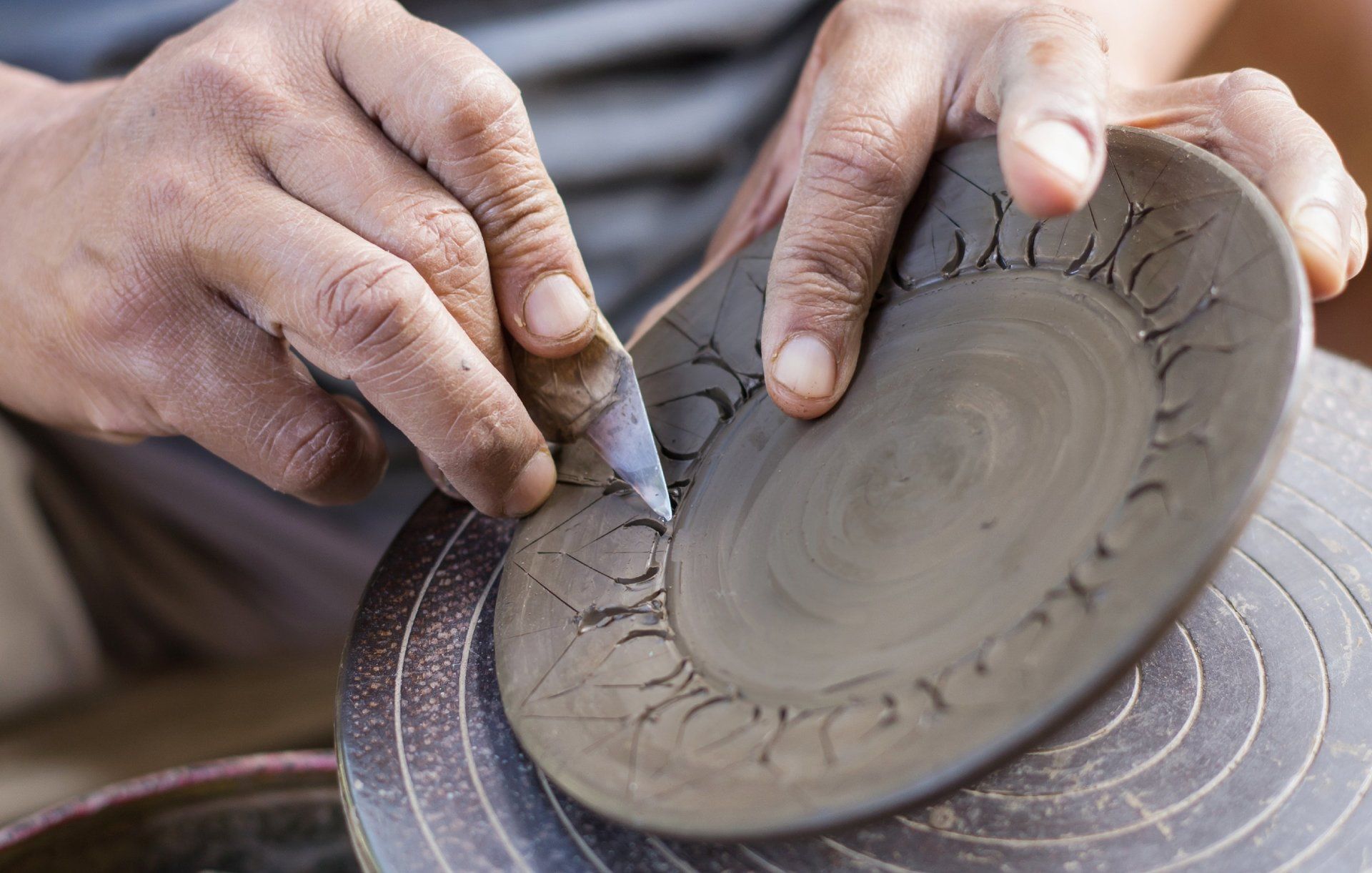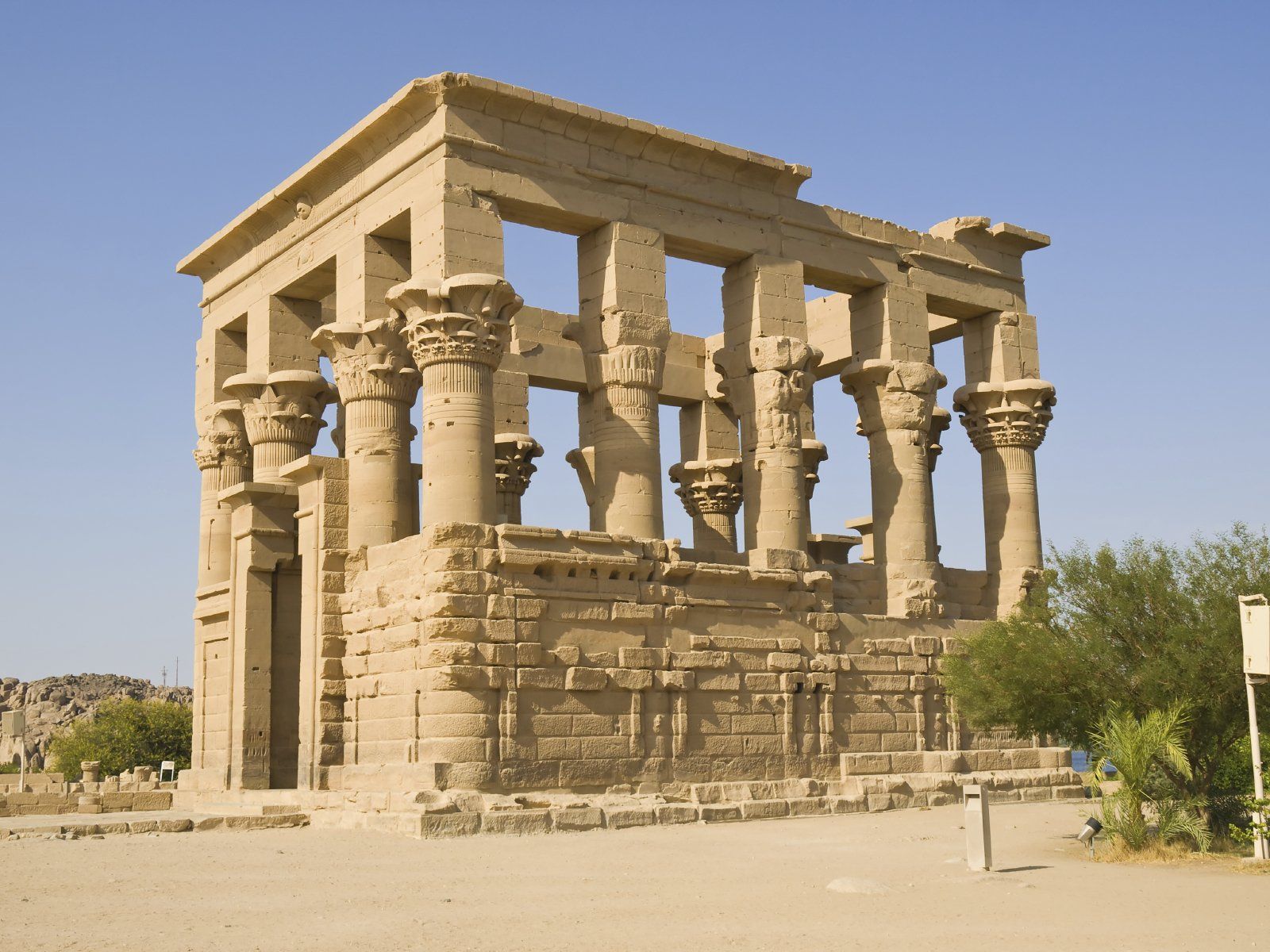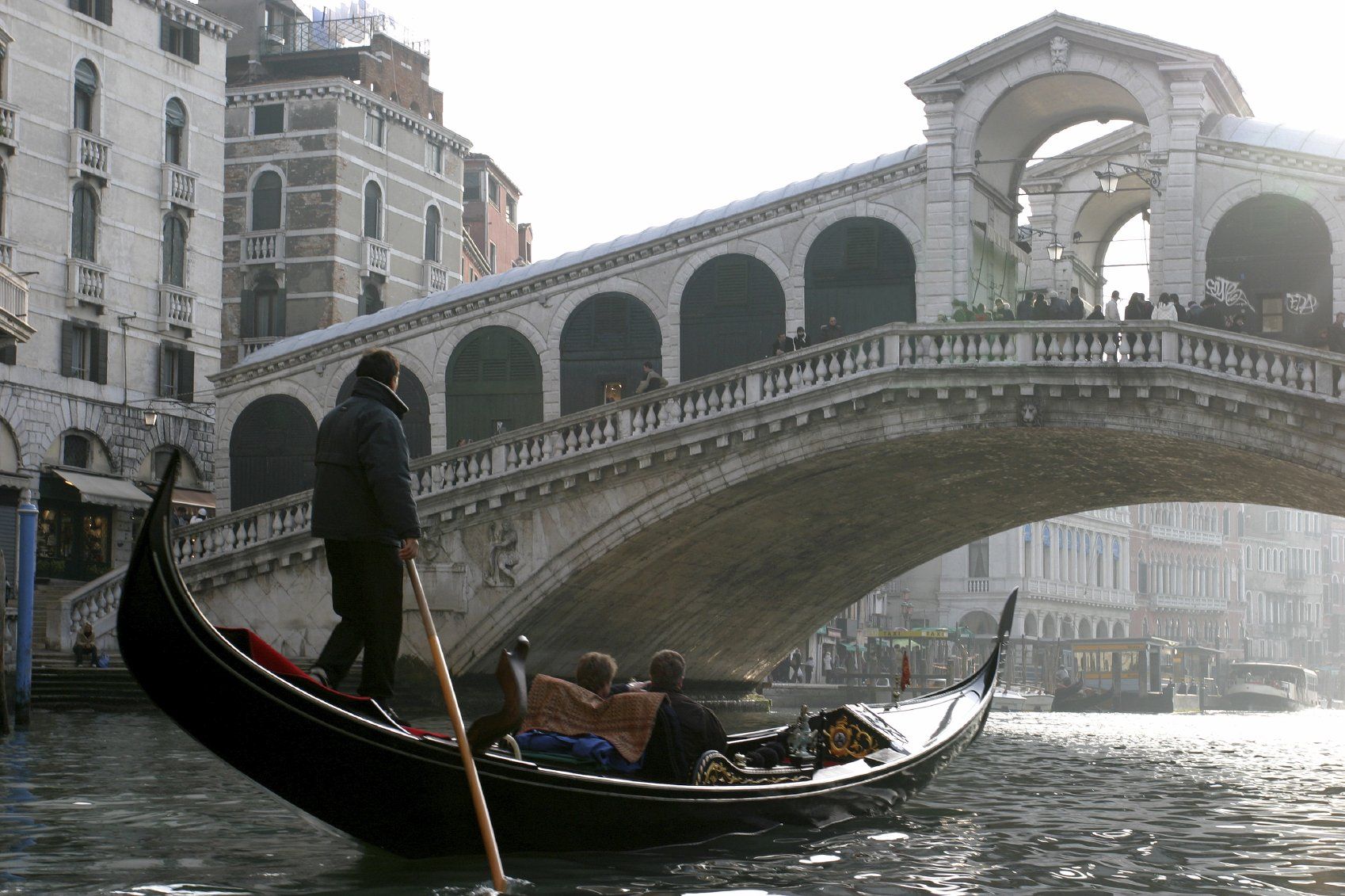
T.h.e.a Project by Vigtherius
The T.H.E.A project is a charitable initiative of the Vigtherius Ordo and serves to promote old customs and cultural development. Culture and customs in their diversity must be preserved and actively promoted!
The tree that is uprooted dies slowly and surely no matter where it lies. Only those who know who they are and where they come from can be deeply rooted enough to powerfully and vividly shape their history and future. If you know who you are, you don't need to be afraid of strangers. Our goal is to preserve the individuality and diversity of the cultures, customs, traditions and customs of the countries and their people. We bring old traditions and wisdom into harmony with modernity and promote them in a targeted manner towards ecological sustainability. Innovative and motivated for the benefit of all.
Thea’s main topics are:
- Roots of cultures and traditions / origins of individual customs and rites
- Past and modern / return to culture and deeper consciousness
- Worldwide Myths, Stories and Peoples / Return of the Gods and Magic
- Shamans, druids and co. / alternative communities of faith and life
A little hint in each self, “because there must be rules and structure. The cultural coexistence that gives fixed customs" seems to be necessary not only superficially because of the fast pace of our time. There is an even more important reason - one that is deeply connected to human existence: Man is probably the only creature that is conscious of himself. Probably only man knows that only he exists in the here and now "temporarily", that his birth and his death mark the beginning and the end of his earthly existence. That is why man also knows “time”, learned to measure it and asks about the meaning of his own life. Only humans ask: who, what, how, when, where - and hopefully of course - why...
One does not have to love and know German classics and their classics in order to understand Johann Wolfgang von Goethe (1749–1832) in precisely this sense:
Who is not of three thousand years
know how to be accountable
remain inexperienced in the dark,
like to live from day to day.
The most important human question is “Why?”. It does not go into individual facts and does not ask about limited events. "Why" always asks what is behind the facts and visible. "Why" explores complex connections and reasons. In the end, we call this network of insights and basic attitudes that make human existence sustainable and tolerable “meaning”. It is this meaning that everyone seeks deep within themselves. Who completes and inspires.
Interpretation of meaning in human life happens in many ways and on different levels. One of the most important interpretations of the meaning of human existence occurs, for example, through the structure of the year: In the biological cycle, which is based on the course of the stars, people have integrated a constantly repeating fixed circle in which not only most people know that complete Christian offer of salvation: the birth, life, death, resurrection and ascension of Christ and life as a whole, the exemplary followers, the saints.
In the Christian sense, God's offer of salvation is found in the annual festival, the church year. This meaning is alive when it is remembered and lived, when it is the subject of festivals and liturgy, when it is stabilized by rites and customs. This current cultural asset often has its origins in much older customs and has thus adapted its meaning of the offer of salvation and over time has repeatedly carried out and practiced theoretically and practically-pragmatically, spiritually and affectively.
„Prodit imago minor, quod sit substantia major“ is a titulus in a codex of Henry II. One could translate it as follows: The small picture tells of the larger being, the finite expands into the infinite. Images, symbols, stories and actions are intended to visualize transcendent meaning and invisible salvation: This is how heaven touches earth - time and eternity shake hands. The meaning of the liturgy comes alive in the forms of the festive customs. Customs that have detached themselves from the reference festivals become – in the original sense of the word – meaningless. Customs and traditions arise from culture and give people a part of their own identity and meaning.
Like a plant that loses its roots and can no longer pull vital nourishment from the ground, closed customs wither into mere folklore, practiced only as long as someone, and that's mostly tourism, can benefit from them. Living custom, however, lives from the connection between church and world, "fanum" and "profanum". Liturgy and custom are feast and celebration and thus two sides of the same coin; Christian pastoral not only wants salvation, but also healing, pastoral care always includes body care. This becomes almost obvious when there is an inn next to every pilgrimage church!
Cultural traditions shape the present, bind it to the past, the valid, the familiar in the area where it was handed down. Barely reflected, they influence thinking, feeling and acting. Man has always found himself placed in a cultural environment that shapes his development, his language, his experiences with the world around him. This conditionality and dependence on the cultural sphere, human culturality, gives cultural traditions binding power and power. Cultural communities are defined by the state, ethnicity, religion, family, etc. They need traditions to be handed down and continued in order to establish a sense of belonging internally and for protection externally. Common life attitudes and values, symbolic worlds and narrative material, rituals and practices provide orientation and promote the formation of identity of the individuals constituting the respective collective. “Cultural diversity” refers to the diverse ways in which the cultures of groups and societies are expressed. These expressions are transmitted within and between groups and societies. Cultural diversity is reflected not only in the different ways in which the cultural heritage of mankind is expressed, enriched and transmitted through a variety of cultural expressions, but also in the diverse ways of artistic creation, production, dissemination and distribution and the enjoyment of cultural expressions, regardless of the means and technology used.
Culture and tradition with their customs and rites is a lived identity and experience. She is open to anyone who lets her in. It makes the world more colorful and unique. Unique in every place in the world, it invites strangers and visitors to explore, see and enjoy it in its entirety.
Culture must not only be preserved. It must have been lived!
We are looking for you! Worldwide we work through various projects and campaigns with indigenous people, shaman, druids and other spiritual people and communities on living culture! We not only promote existing customs, but also bring old and forgotten ones back to life! We are looking for people like you who want to actively or passively contribute and help. Of course, all of our projects meet our claim of not harming the environment, humans or animals! Help us with our existing projects, temples and places of worship planning or completely new ideas. Join now and become part of the living culture!
Vigtherius Ordo e.V
Support Thea now!
Im Vigtherius vCharity Blog findest du alle unsere Projekte, Kampagnen, Initiativen und Programme, die sich mit wichtigen Themen wie Umwelt-, Natur- und Tierschutz sowie Kinder- und Waisenhilfe beschäftigen.
Wir setzen uns auch für humanitäre Hilfe und zahlreiche charitative Missionen ein.
Werde auch DU Teil der Mission! Angagiere dich jetzt! und hilf uns, positive Veränderungen in der Welt zu bewirken!
Alle Projekte und Kampagnen auf einen Blick!
vCharity Blog by Vigtherius










